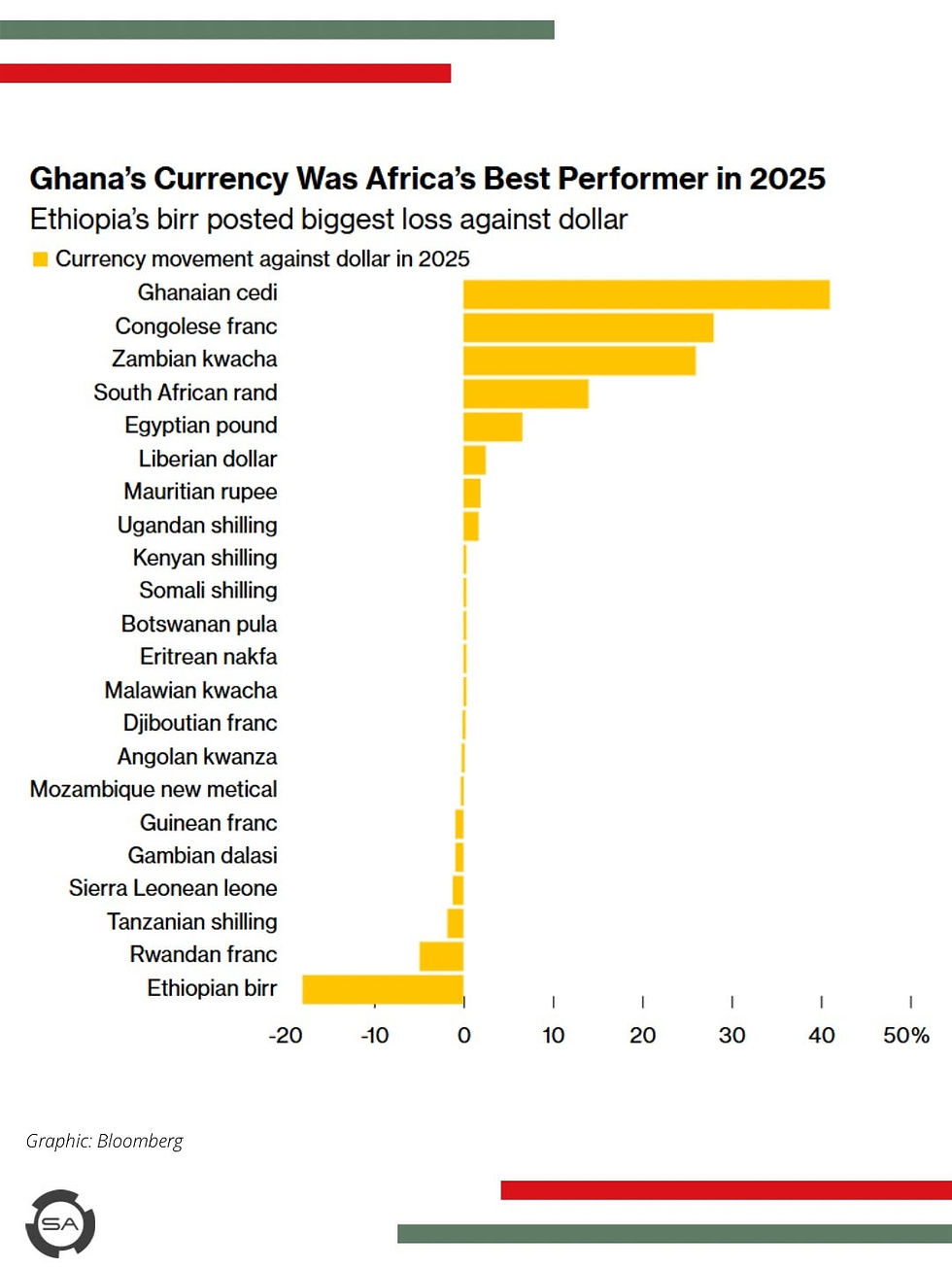Africa's Food and Agriculture: The New Oil
- Claire
- Jun 25, 2025
- 2 min read
Updated: Jul 15, 2025
Africa’s food and agriculture sector is undergoing a transformation with enormous potential. The African Development Bank has dubbed agriculture “the new oil.” It predicts agribusiness across the continent could exceed $1 trillion in value by 2030. This opportunity spans beyond traditional farming. It includes storage, logistics, processing, packaging, exports, and digital services. With over 60% of the world’s uncultivated arable land and a rapidly growing population, Africa is uniquely positioned. It is ready not just to feed itself but to become a global food powerhouse.
The Challenge of Food Imports
Yet despite this promise, Africa spends over $40 billion annually on food imports. This is a stark contradiction given its natural resources and farming capacity. Post-harvest loss remains a major challenge. As much as 40% of food is lost before it reaches consumers, largely due to inadequate storage and logistics.
The Role of Innovation
Innovation is stepping in to tackle these issues. Solar-powered refrigeration, mobile procurement platforms, and supply chain technologies are helping to reduce waste and improve efficiency. Countries like Kenya and Nigeria are leading the way. They are adopting smarter farming techniques and locally processing crops, adding value within the continent.
Financing Agri-SMEs
A key hurdle in this transformation is financing. Agri-SMEs are vital to innovation but they face a funding gap of up to $65 billion annually, according to the African Development Bank. Unlocking capital through flexible loans, leasing, and blended finance is critical for their growth.
Young entrepreneurs are deploying advanced tools to enhance productivity. They use IoT sensors, drones, and mobile apps to improve yields, traceability, and market access. Crops like cassava, cocoa, and coffee are being rebranded. Now, they are exported under “Made in Africa” labels, which helps to reclaim value that once left the continent.
Coordinated Action Needed
To unlock Africa’s $1 trillion food economy, coordinated action is needed. This includes efforts across technology, infrastructure, policy, and finance. Encouragingly, governments and investors are beginning to align their strategies. Countries are launching agri-tech initiatives, while global firms invest in logistics. Digital platforms are connecting farmers directly to markets.
The Future of Africa’s Food Sector
With the right support, Africa’s food sector can shift from untapped potential to a catalyst for inclusive growth, food security, and global competitiveness. The landscape is changing, and the time is ripe for Africa to harness its agricultural strength. It’s essential for entrepreneurs and governments alike to foster an ecosystem that encourages innovation and investment.
Conclusion
In summary, Africa’s agriculture sector faces challenges, yet it holds immense promise. The potential for growth is vast, and as modern solutions take root, the continent can become self-sufficient. Investing in agriculture is not just about feeding the population—it’s about empowering communities and building a sustainable future. By embracing innovation, Africa can reclaim its position on the global food stage.
As we move forward, it’s crucial to remember that the agriculture sector holds the key to not just economic growth but also social transformation. With careful planning and execution, Africa can turn its agricultural potential into a reality.










Comments